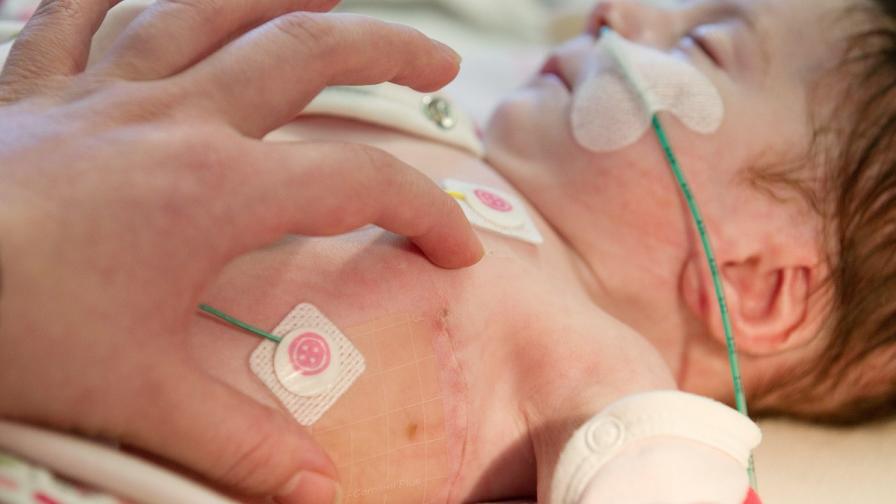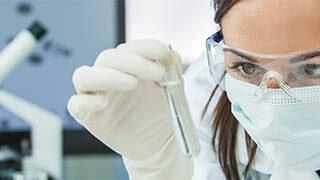Up to half of all children born with a heart condition also experience problems with learning and development. Action-funded research used specialist brain scans to look at the causes and further work is now testing potential new treatments.

Each day in the UK 13 babies are diagnosed with congenital heart disease. Thanks to advances in early diagnosis and treatments, the majority of affected children now survive into adulthood. But many experience neurodevelopmental problems as they grow up.
Professor Serena Counsell and her team at King’s College London found that lower levels of oxygen delivered to the brains of babies and children with congenital heart disease are associated with less grey matter and poorer cognitive performance.
Studies are now underway (in the UK and Canada) to investigate whether giving mothers oxygen could be a potential treatment to improve brain development in these babies. The work has also demonstrated that providing additional support to parents of babies with CHD may also help improve cognitive outcomes, including memory and attention.
This Action funded study has improved how changes in babies’ brains are assessed and offers the potential to identify and treat babies with CHD, at risk of brain damage, at an early stage.
Our ultimate aim is to reduce the long-term consequences of brain injury in infants with congenital heart disease.”

